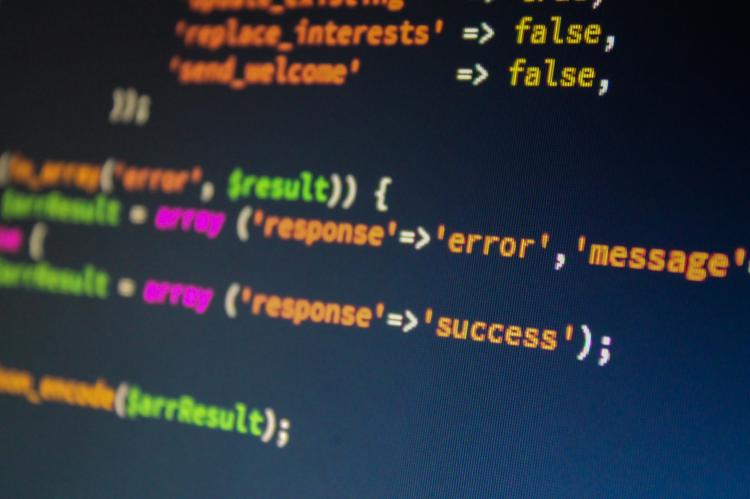A third of businesses have found security breaches in the past twelve months
We are all aware of the threat that cybersecurity breaches pose. But with our addiction to technology, have we become complacent in protecting our private information?
Personal and financial data is at the hands of hackers, ready for the taking. The risks of such activity continue to grow as shown in the most recent ‘Cybersecurity Breaches Survey’ by the Department for Digital, Culture, Media and Sport. According to their findings, a third of businesses (32%) and two in ten charities have identified security breaches in the past twelve months.
As small as a fraudulent email, which 75% of businesses receive, to a large-scale robbery of valuable information; cybersecurity breaches can come in various forms. With so many easy opportunities, is your event secure from such attacks?
We discuss why cybersecurity should be a top priority when planning your event and how you can protect yourself against these crimes.
WHY IS IT IMPORTANT AT EVENTS?
In the media, we see the targeting of major banks and commercial establishments, but all industries are at risk. The events industry, in particular, provides a prime opportunity for security breaches.
Large amounts of data from buying the tickets to filling in forms containing essential information are recorded for event management purposes. With1.3 billion corporate events a year, there’s enough opportunity for this information to be taken.
Moreover, the volume of people at events makes it all the more attractive. There were over 85 million attendees events last year in the UK alone. Each one of them providing their valuable personal and financial details.
WHAT CAN BE DONE TO PROTECT YOUR EVENT?
As technology advances and the chances for cyber hacking increase, so does the technology to combat it. There are many options to choose from to keep your guests and your event safe.
BRING IN THE EXPERTS
Knowledge is power. By ensuring that all members of the event team, from the coordinators to the tech team, are trained on the issues at hand will make your event safer. Bringing in a specialist cyber security team is the best way to do this.
Educating you on the technology and solutions available whilst providing education will mean you have a double-edged sword.
If you would prefer to tackle your cyber precautions yourself then your research must be thorough. The Financial Industry Regulatory Authority has, quite usefully, provided their FINRA checklist which contains all the steps and insurances you should take. Follow the guide carefully to ensure you are providing the best level of security possible.
WIFI NETWORKS
Wi-fi networks are the gateway for hackers to access information. We see a ‘secure network’ and wrongly assume that this is a safe zone for us to do with as we please. Without a cryptic password, these networks become a platform for hackers to potentially take information as they please.
Adding an additional barrier of a complicated password will deter fraudulent activity, keeping your guests safe. To avoid any inconvenience to your guest’s, provide wi-fi cards to be placed around the venue containing all the information they need.
RESEARCH YOUR SUPPLIERS
As event planners, we have an endless list of external sites or tools which form the event. Most likely they will contain a ticket sales platform, registration apps, and technology to track your attendee’s activity.
All these much-needed platforms store sensitive information. Do your research before making the investment to guarantee that they have the correct measures in place to protect your guest’s data if needed.
AWARENESS AND RESTRICTIVENESS
Making your attendees aware of the potential risks is the most effective way to protect their data. It will make them think twice before inputting their financial details on a shared network or downloading corrupted files.
Additionally, restrict the capacity of downloads and streaming to prevent easily avoidable dangerous files.
If you would like some help with protecting your guest’s security at your next event, contact the team now.



